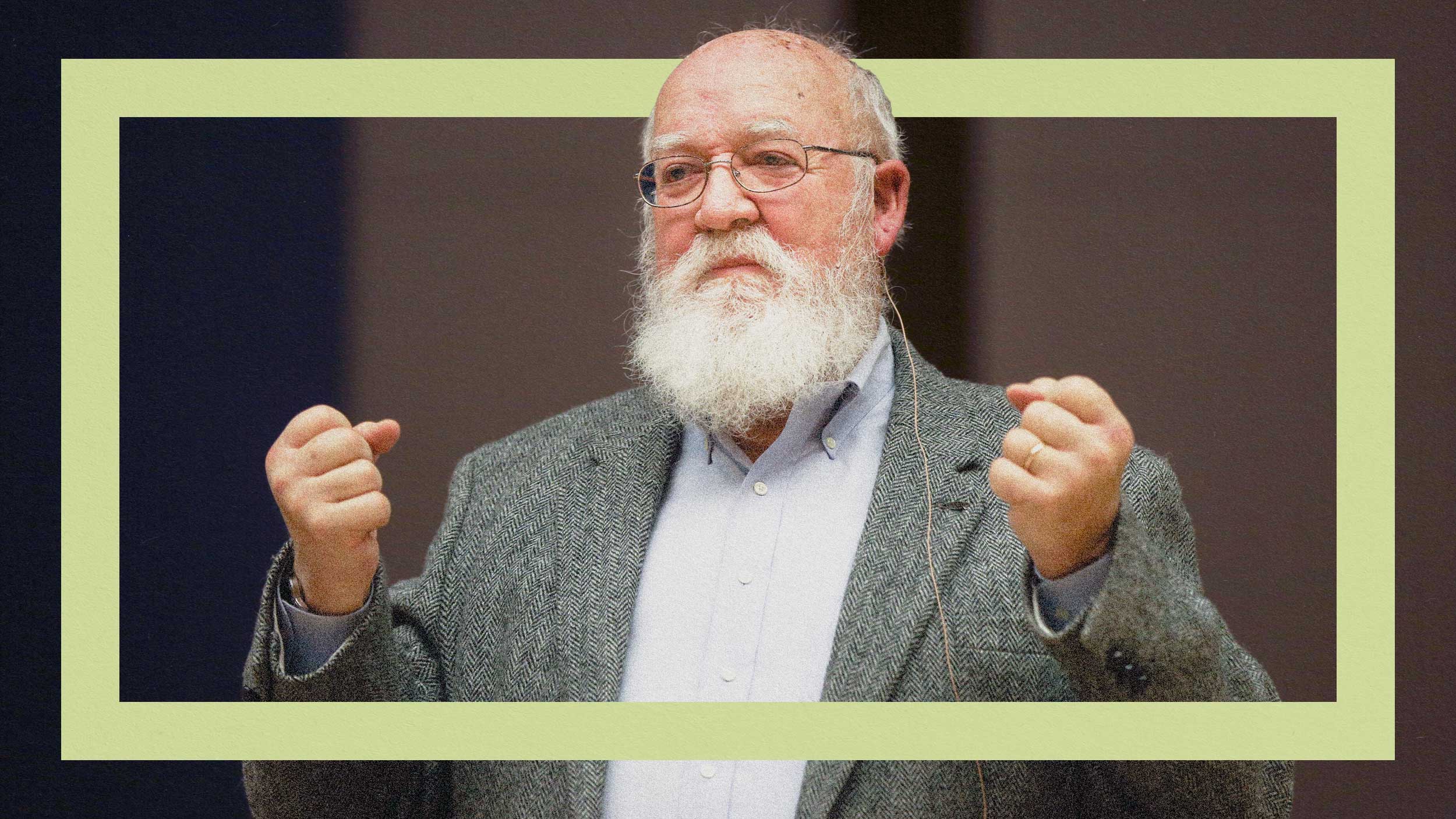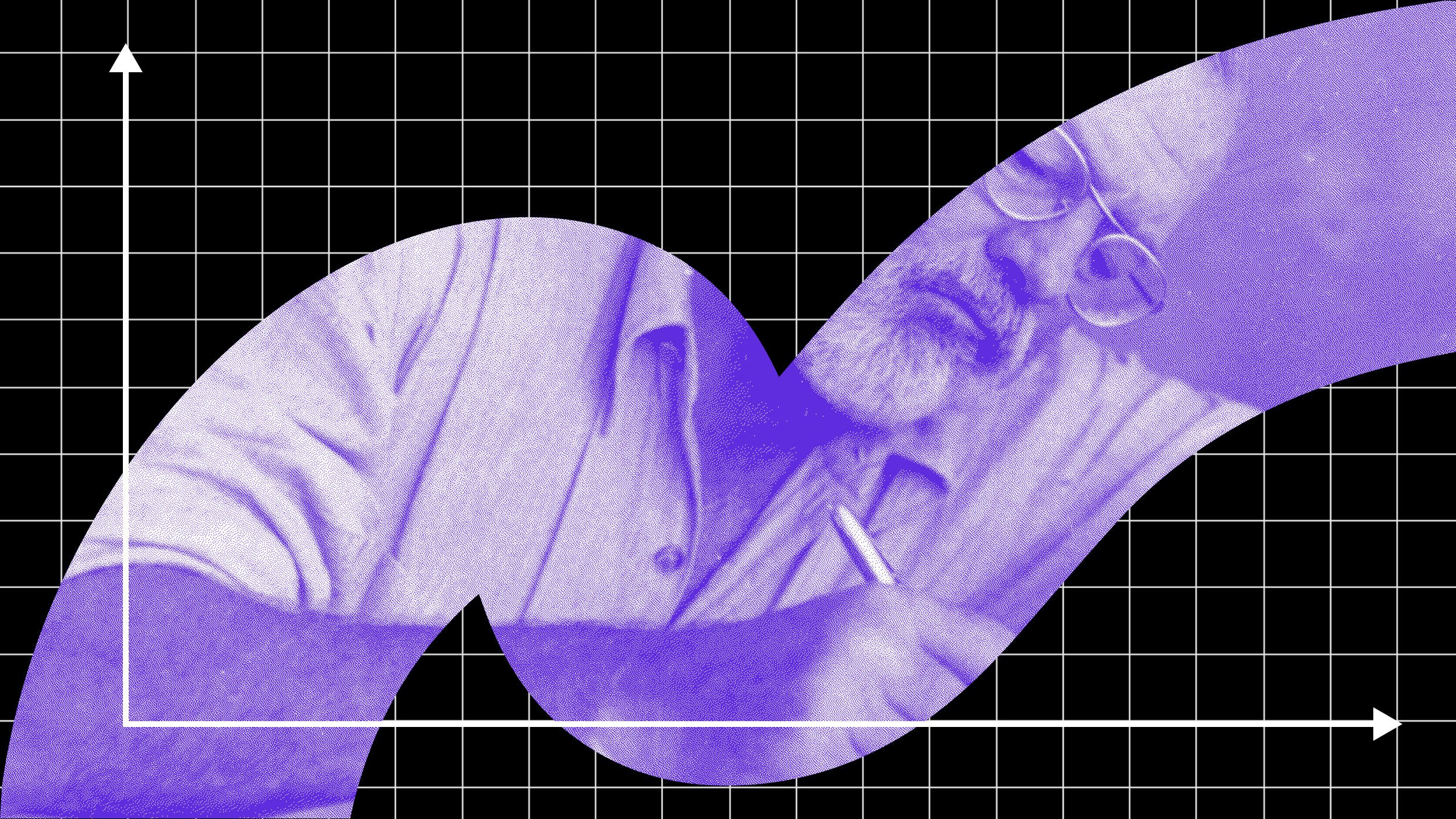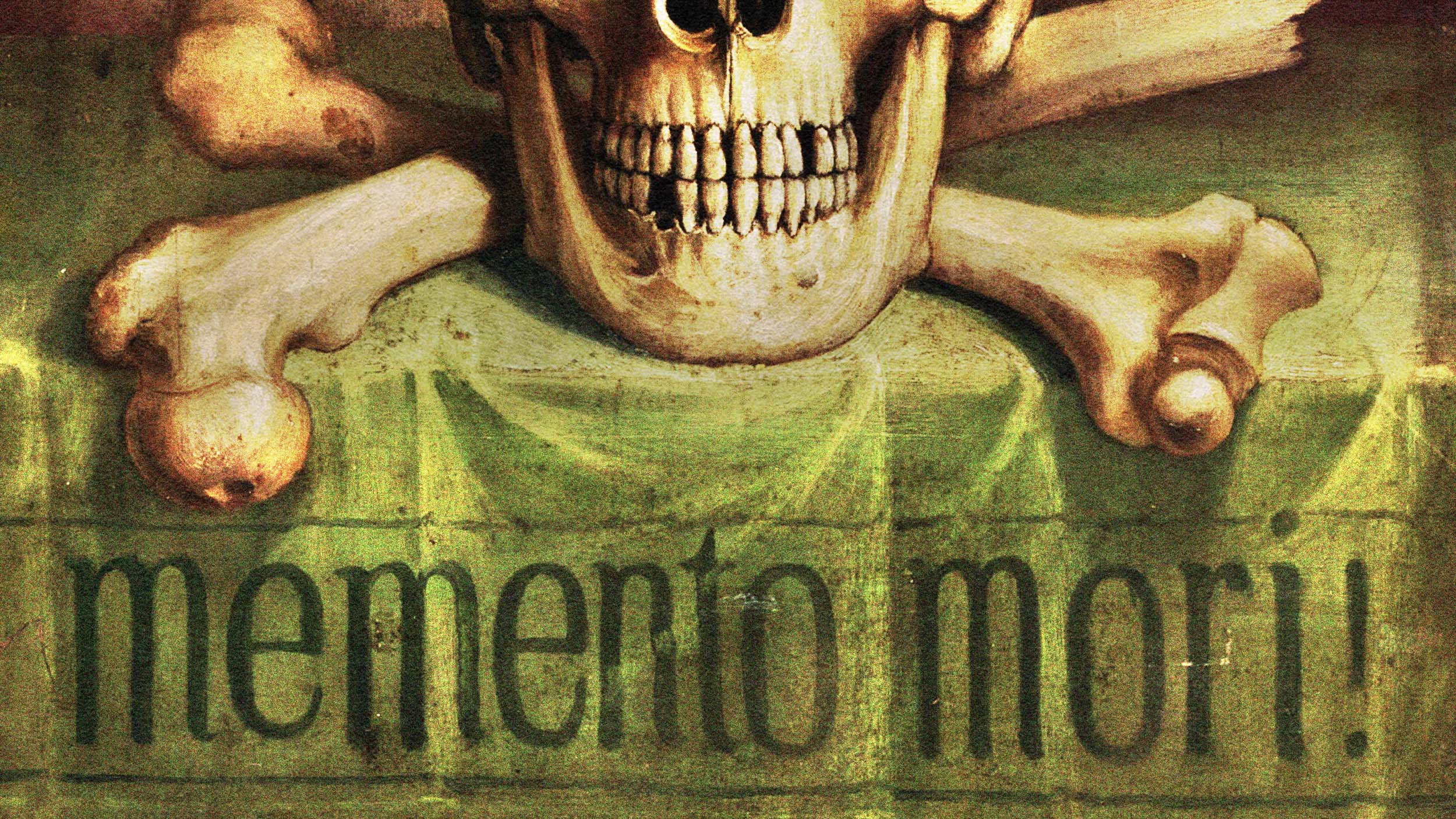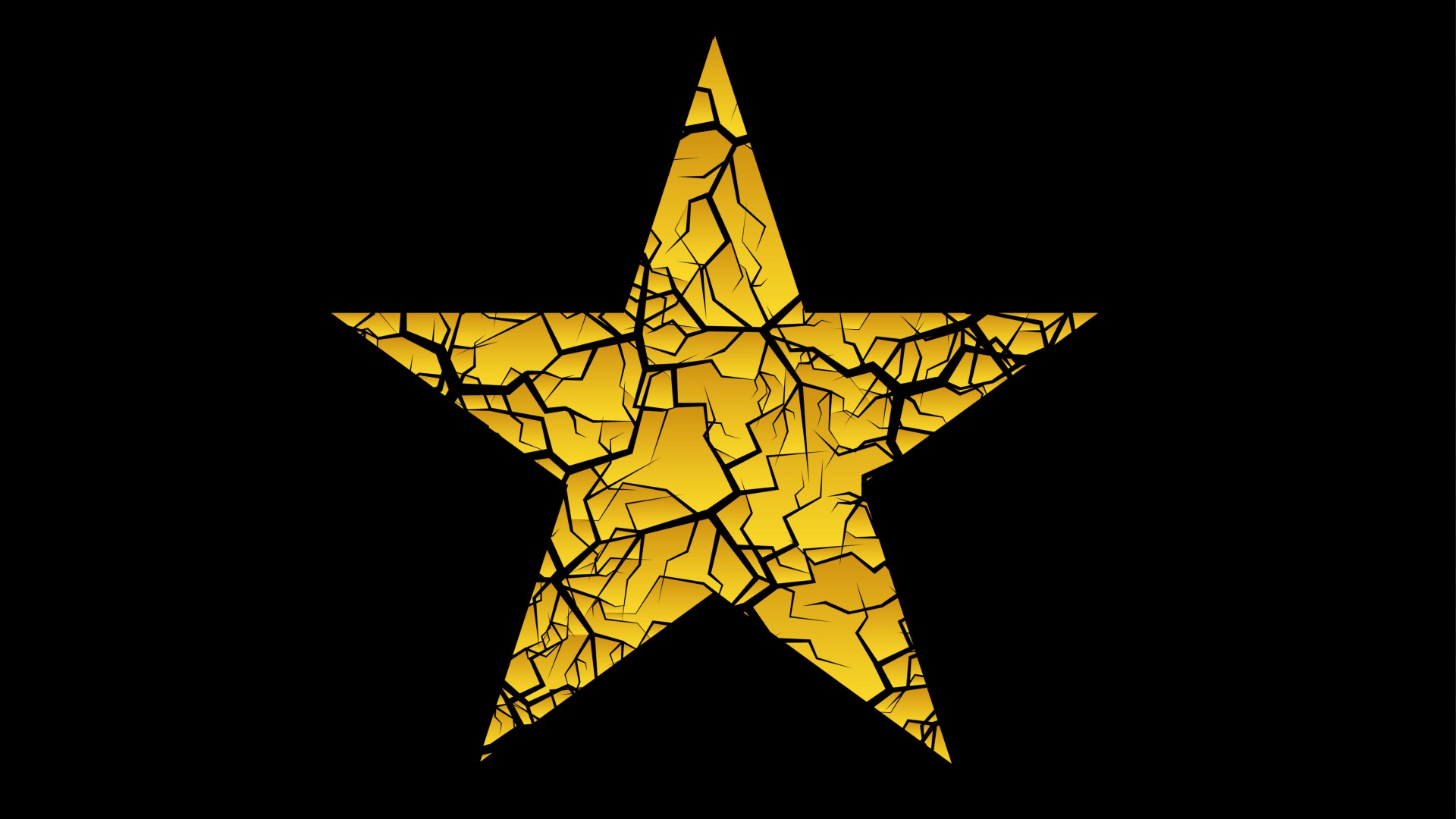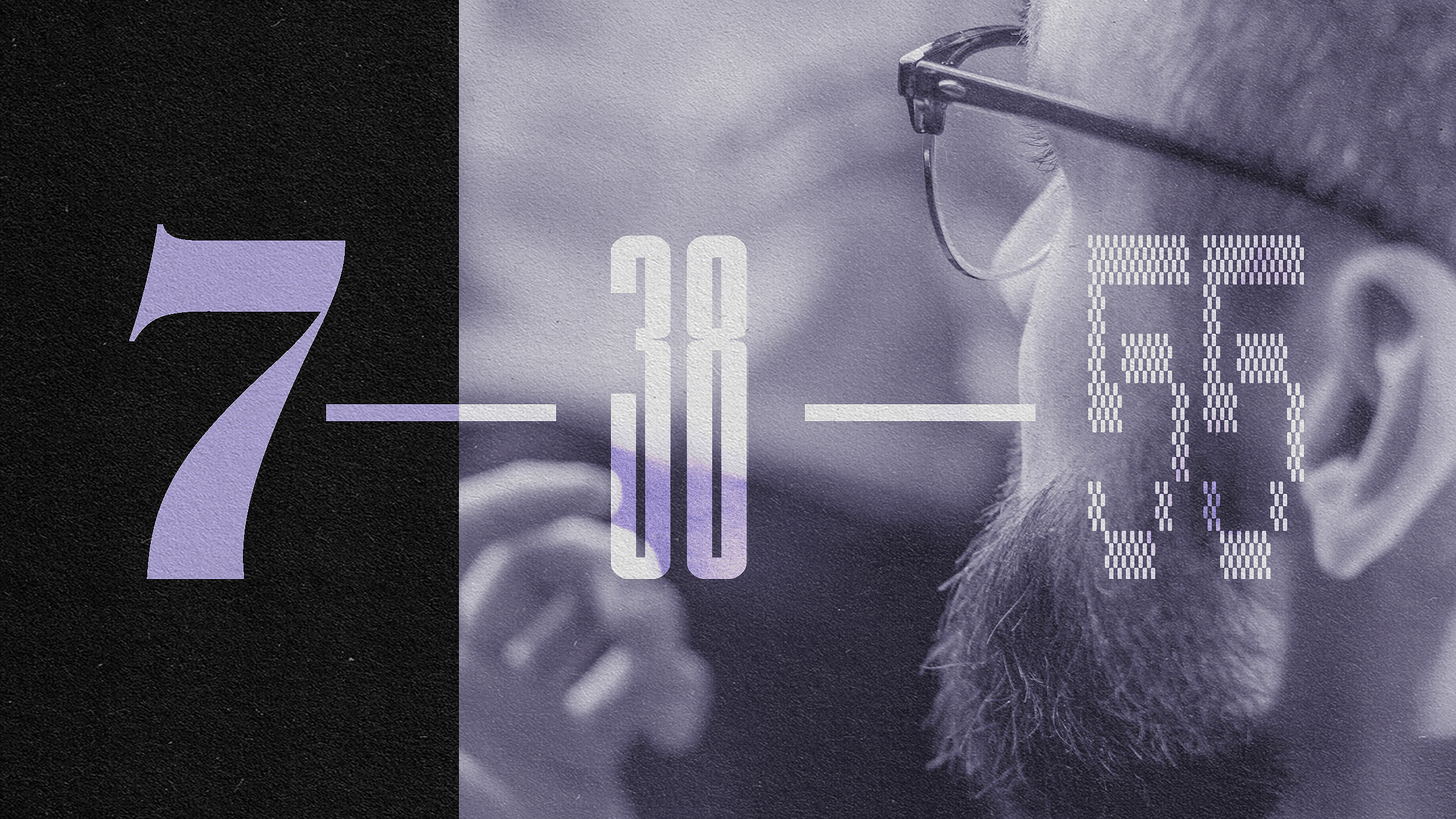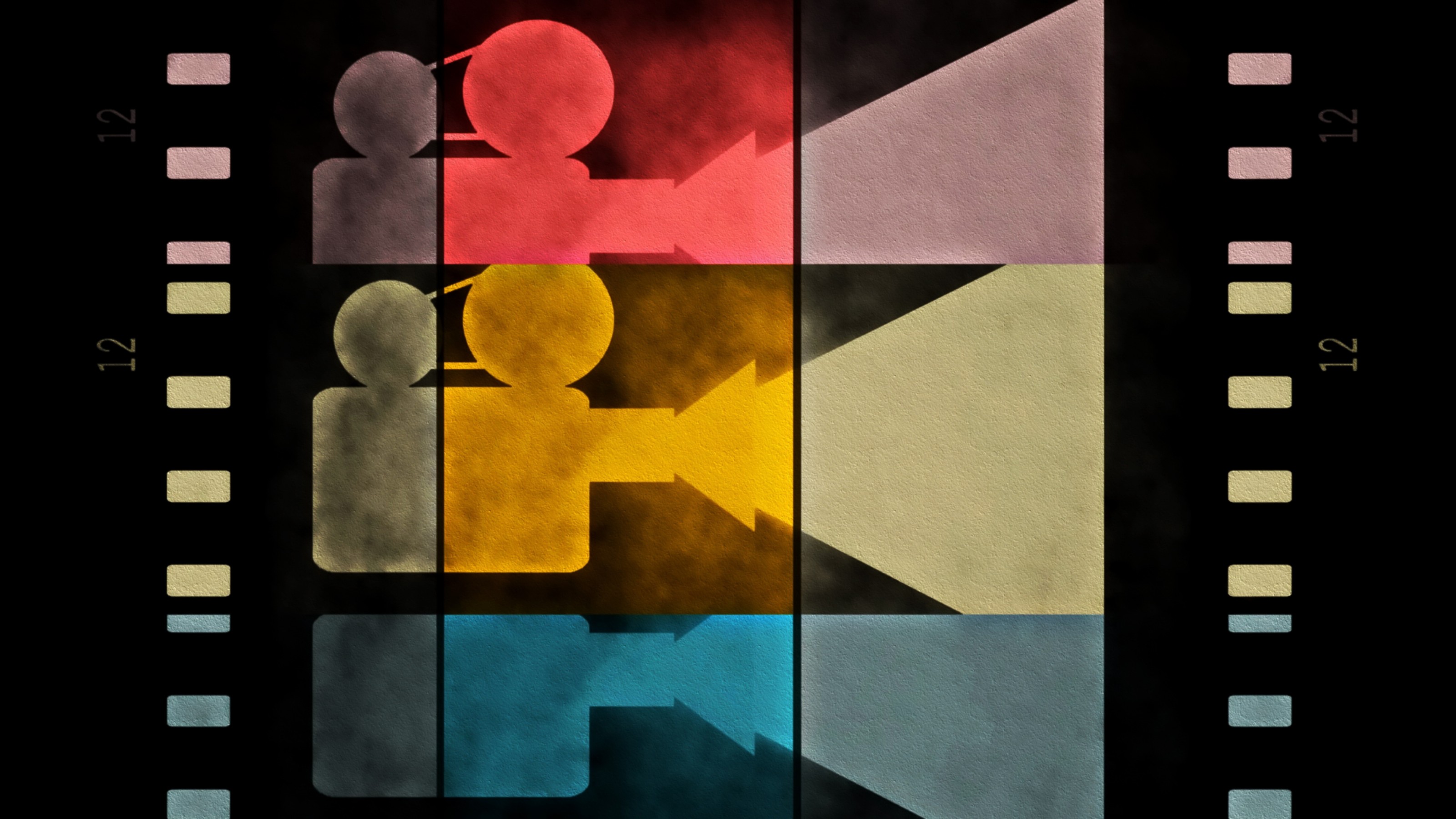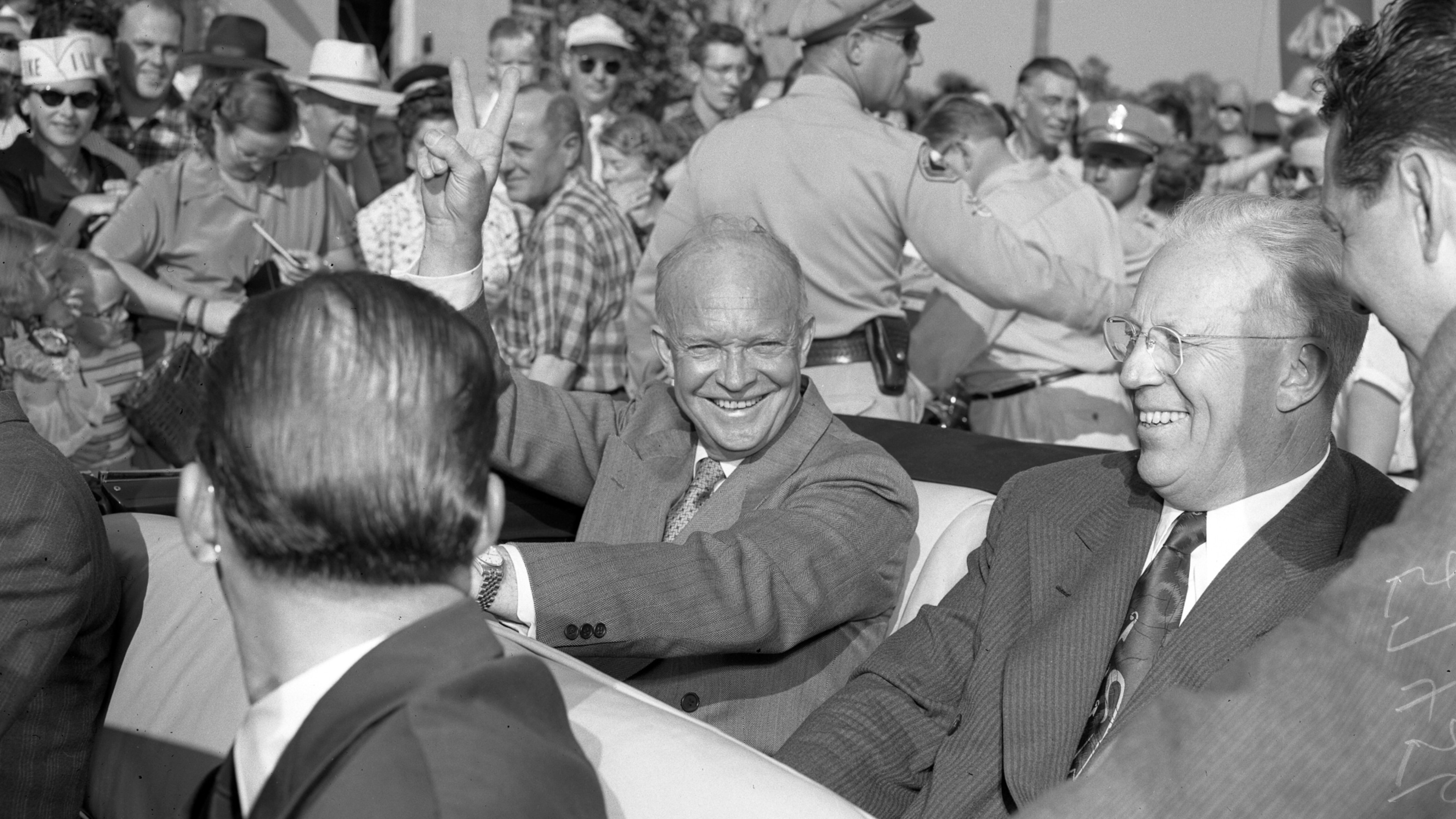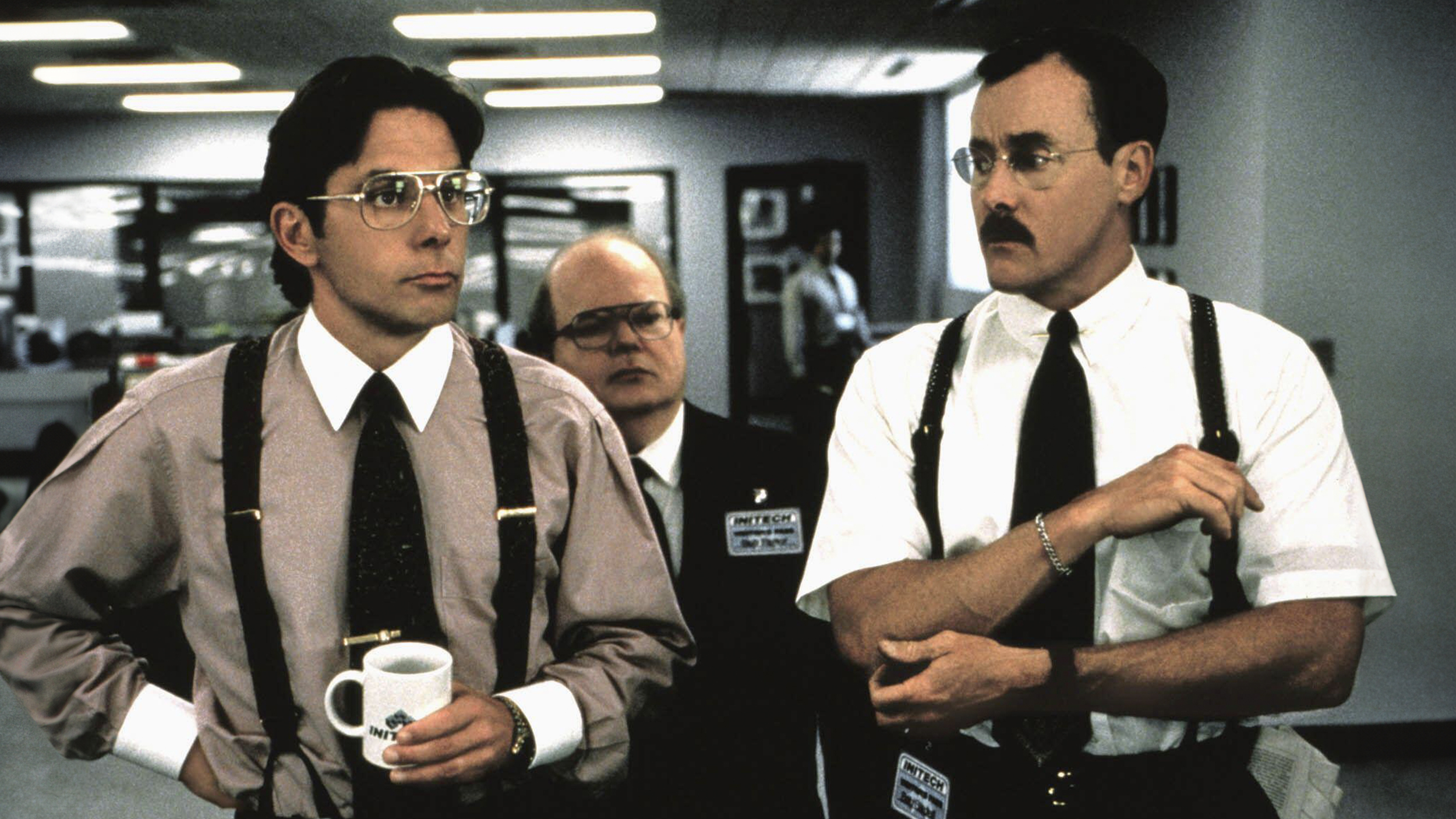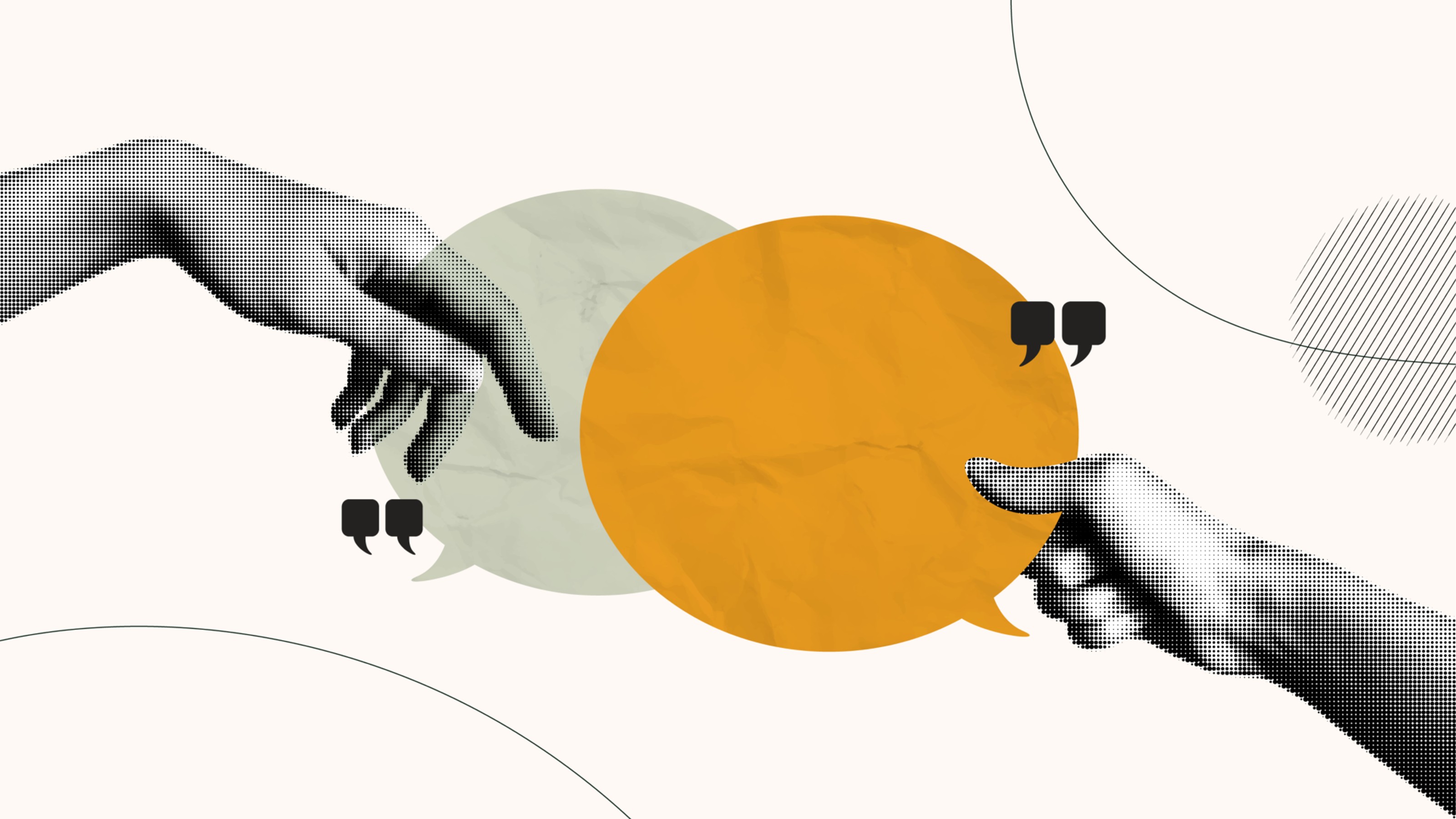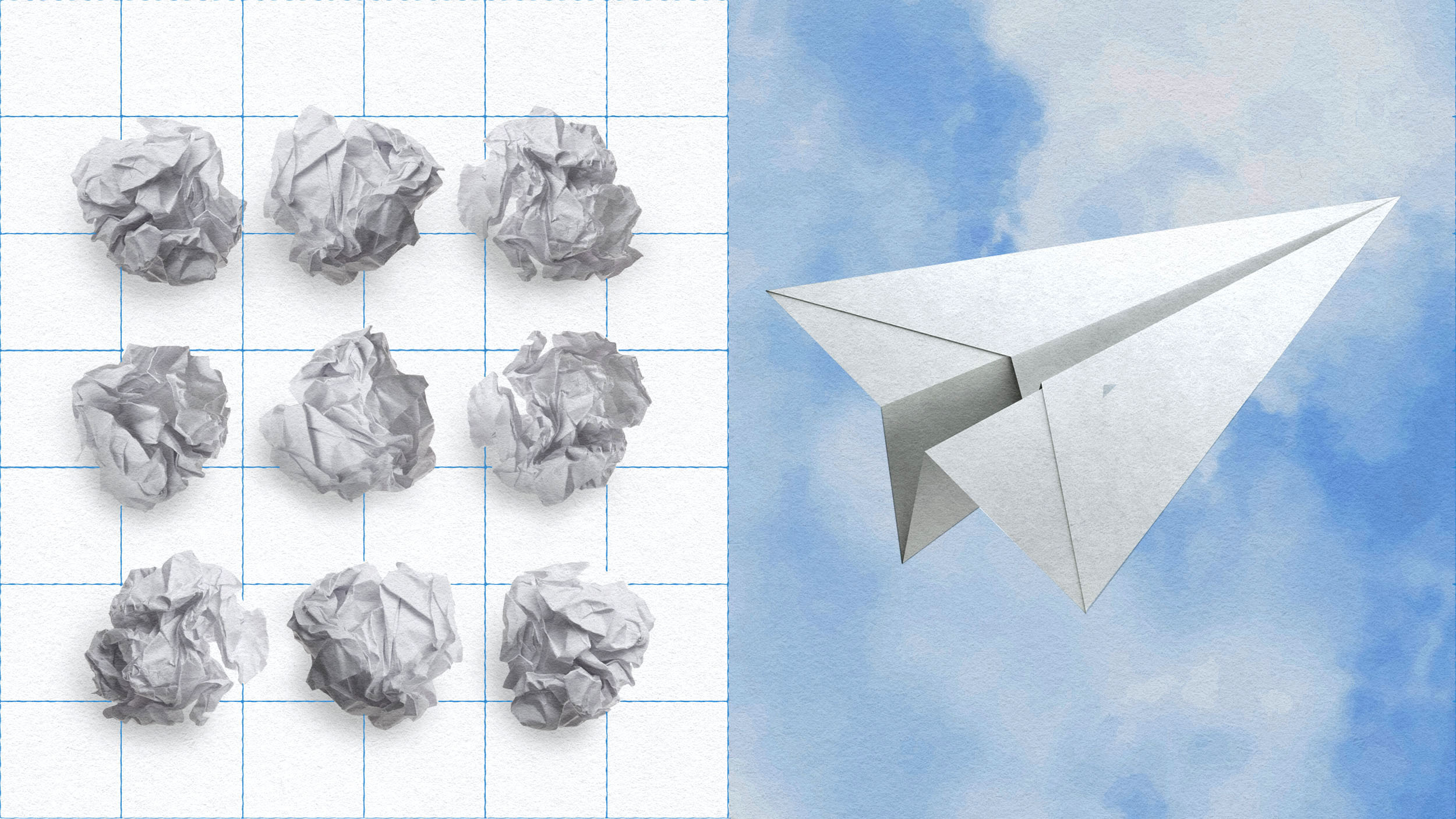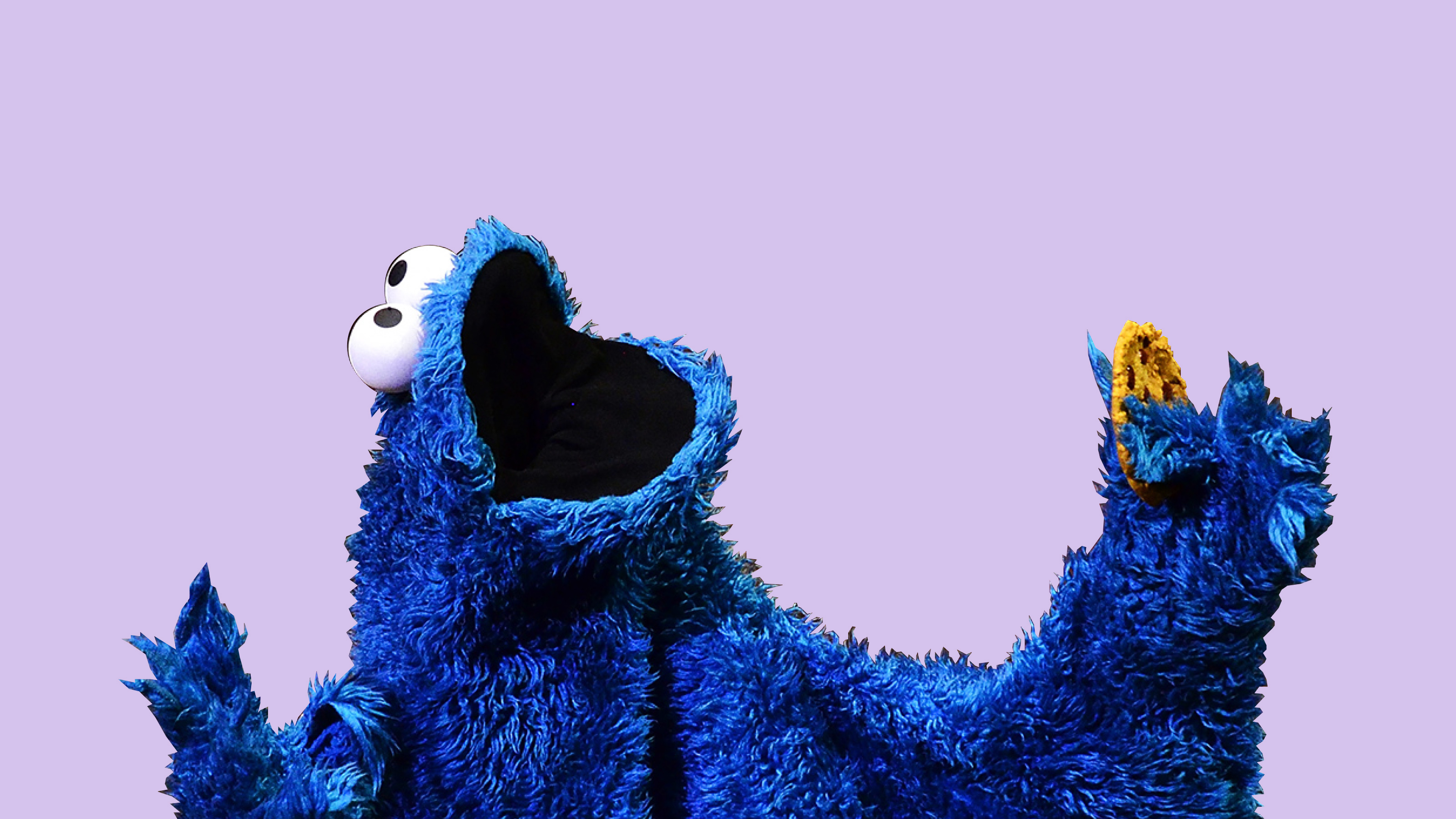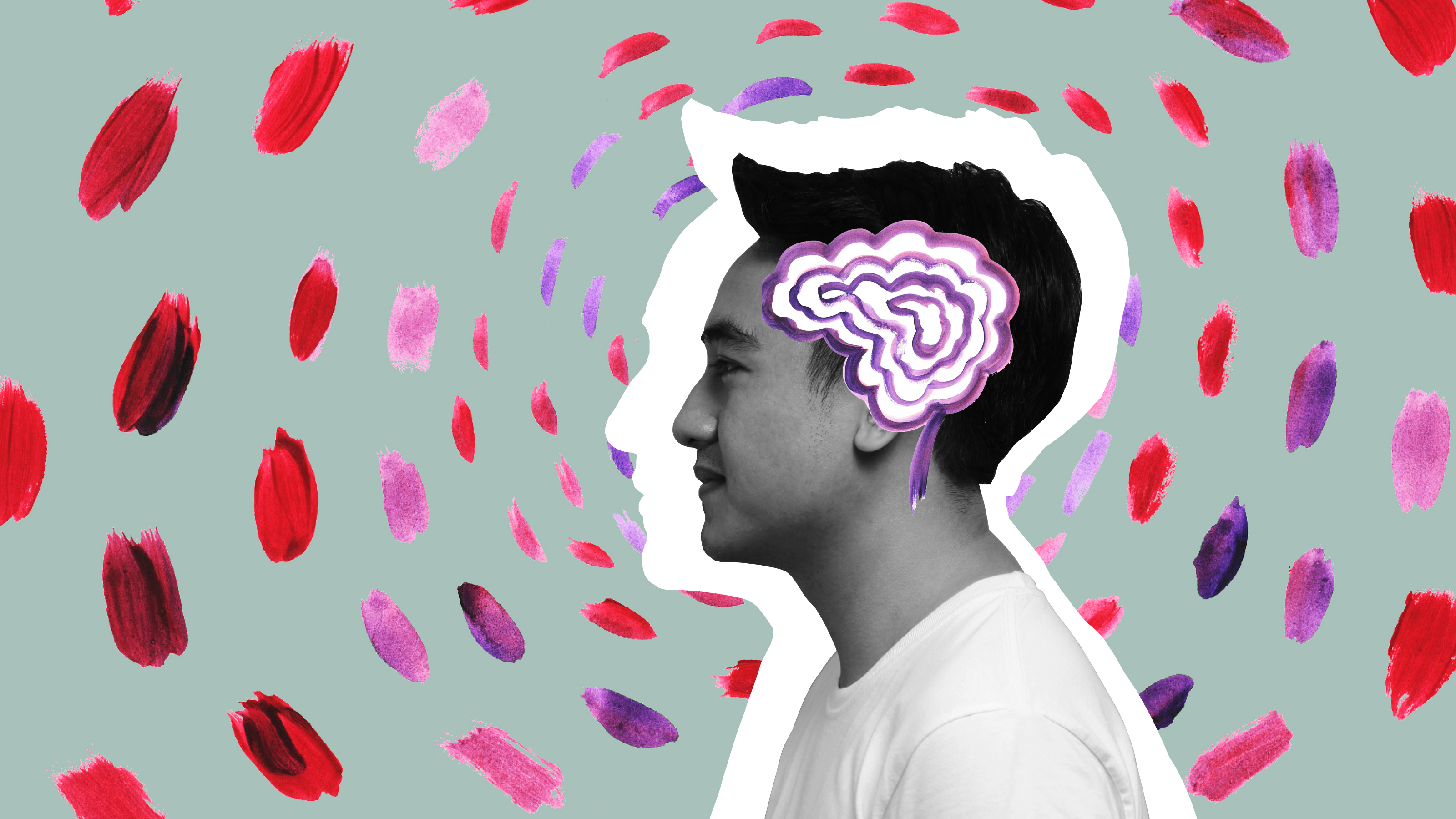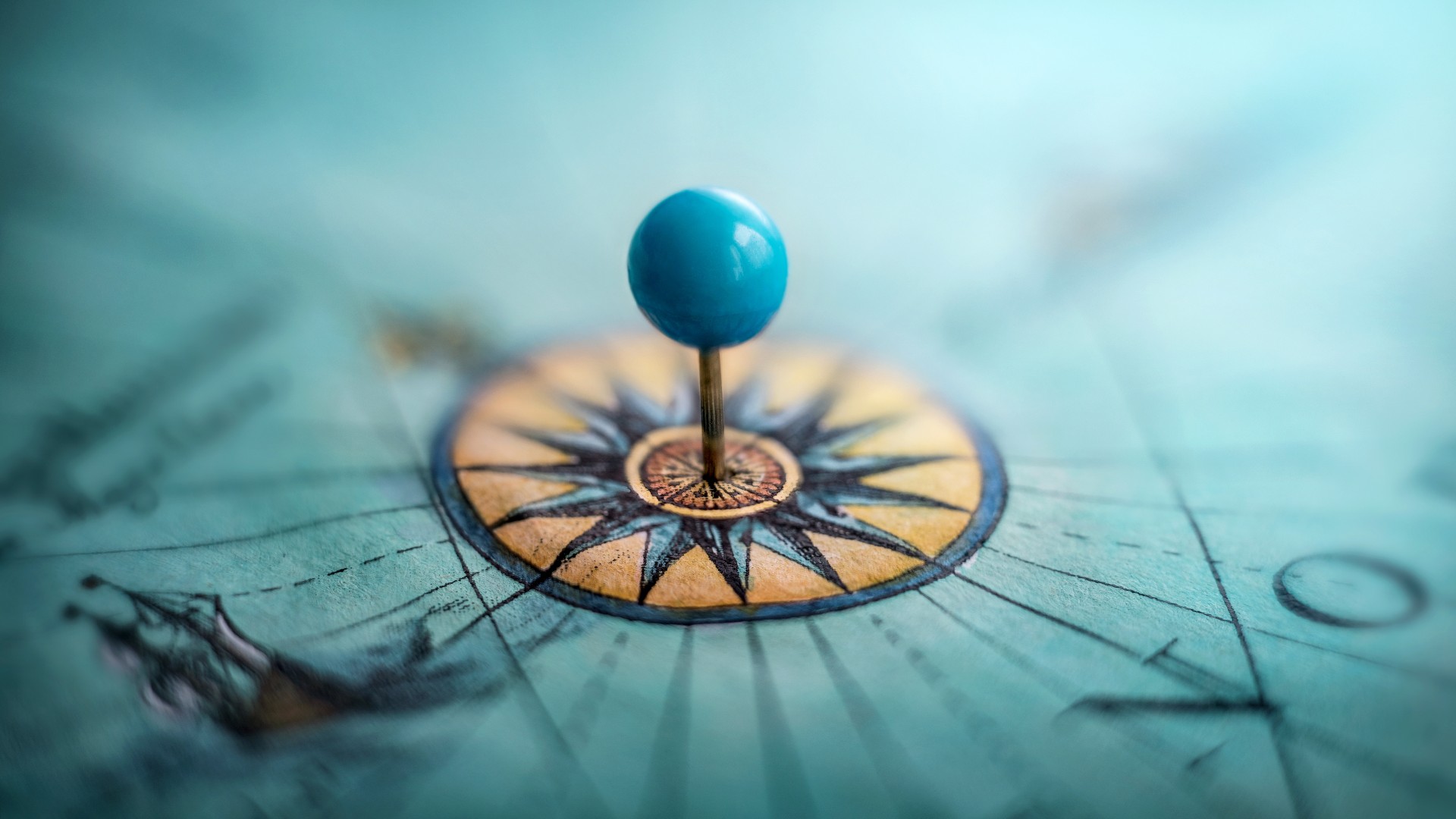Psychotherapist Israa Nasir explains how a “value-aligned life” can help us crush our goals — without being crushed by the need to accomplish more.
The late philosopher suggested adding a couple of “Occam’s heuristics” to your critical thinking toolbox.
To maintain momentum and flow, the great novelist Ernest Hemingway didn’t burn himself out — but learned when to put his work down.
Stanford psychologist Jamil Zaki discusses the dangers of cynicism and how skepticism can invigorate our relationships and communities.
A simple semantic device — invented by a forgotten senator — can help us break “the curse of knowledge.”
Executive coach Jodi Wellman explains how to “make it to the end with no regrets.”
Our desire for recognition at work can lead to perilous ends.
While weltschmerz — literally “world-pain” — may be unpleasant, it can also spur us to change things for the better.
If words are really only 7% of communication, then why would anyone need to learn a foreign language?
Admitting that we know little about our future selves can radically improve our decision-making.
A physicist, a psychologist, and a philosopher walk into a bar and discuss a framework for thinking better in the 21st century.
According to Harvard career advisor Gorick Ng, this time-saving system can help us reclaim our work-life sanity.
Memories aren’t mental recordings, but pliable information we can use to better manage the present and conjure future possibilities.
Bertrand Russell shows us how to recognize emotional arguments smuggled into presumed statements of fact.
We can’t always change our horrible bosses — but we can transform the ways we interact with them.
Psychologist Noel Brick shares the mental techniques we can use to improve our performance on and off the field.
Many conversations start awkwardly and derail from there, but a few simple techniques can put them back on track.
When we prepare for our plans to go wrong, we build the foundations for lasting profit.
In our competitive world, fortune does not appear to favor the humble — but a strong counter-narrative is emerging.
In an environment of impressive IQs, emotional intelligence makes all the difference.
According to neuropsychologist Julia DiGangi, no one can live a life free of emotional pain. We can only choose how those emotions empower us.
In work and life, the rules of success are being redefined.
When a whoopsie-daisy just won’t cut it.
“Human connection is as threatened by unhealthy peace as it is by unhealthy conflict.” —Priya Parker
As Abraham Lincoln famously said, “If you want to test a man’s character, give him power and a plate of cookies.” (Something like that.)
This is your brain on work.
There is no sure-fire formula for success, but you can be better prepared to create your own.
Research has shown the benefits of mindfulness, but the current mindfulness craze cannot deliver on its overhyped promises.

